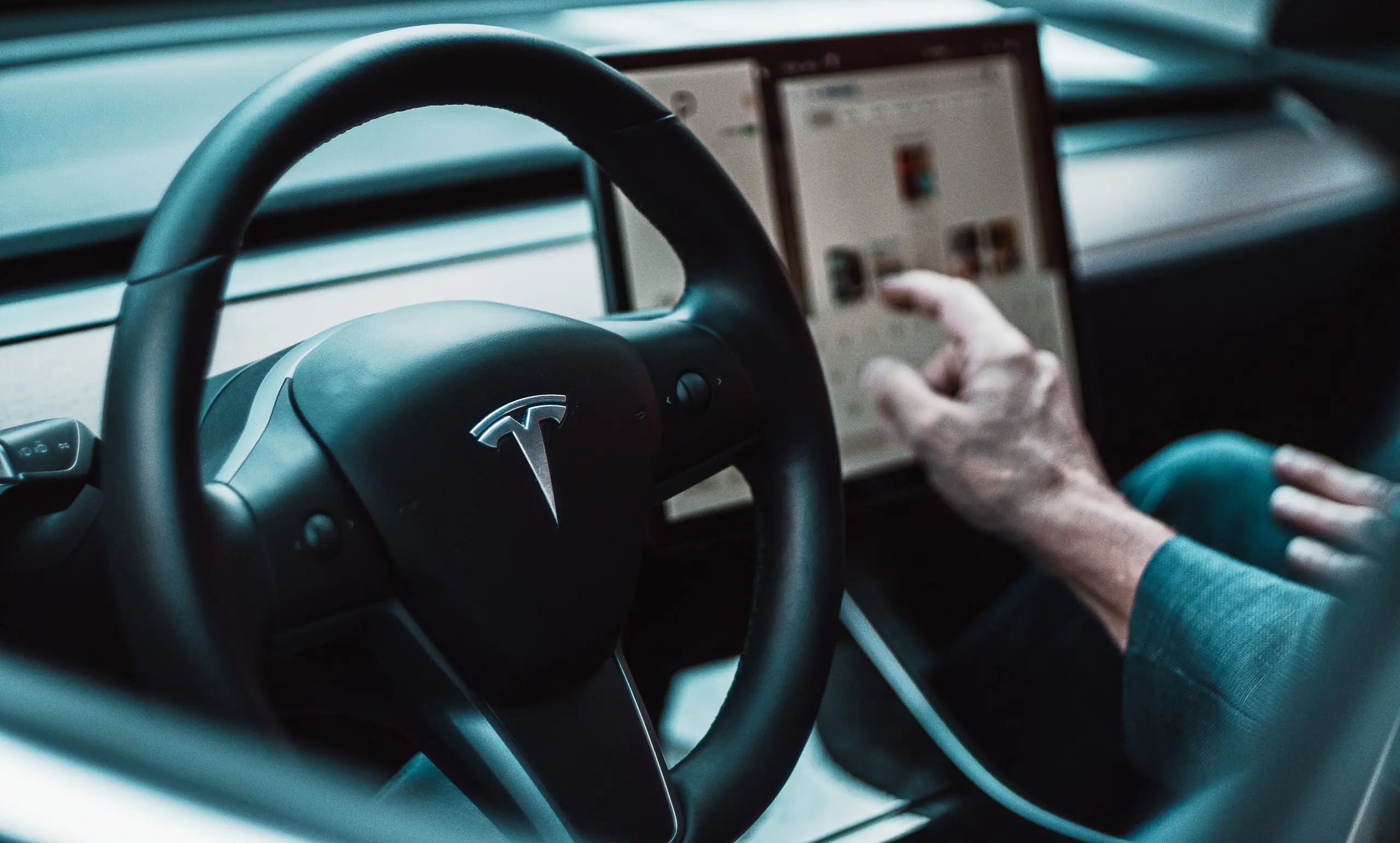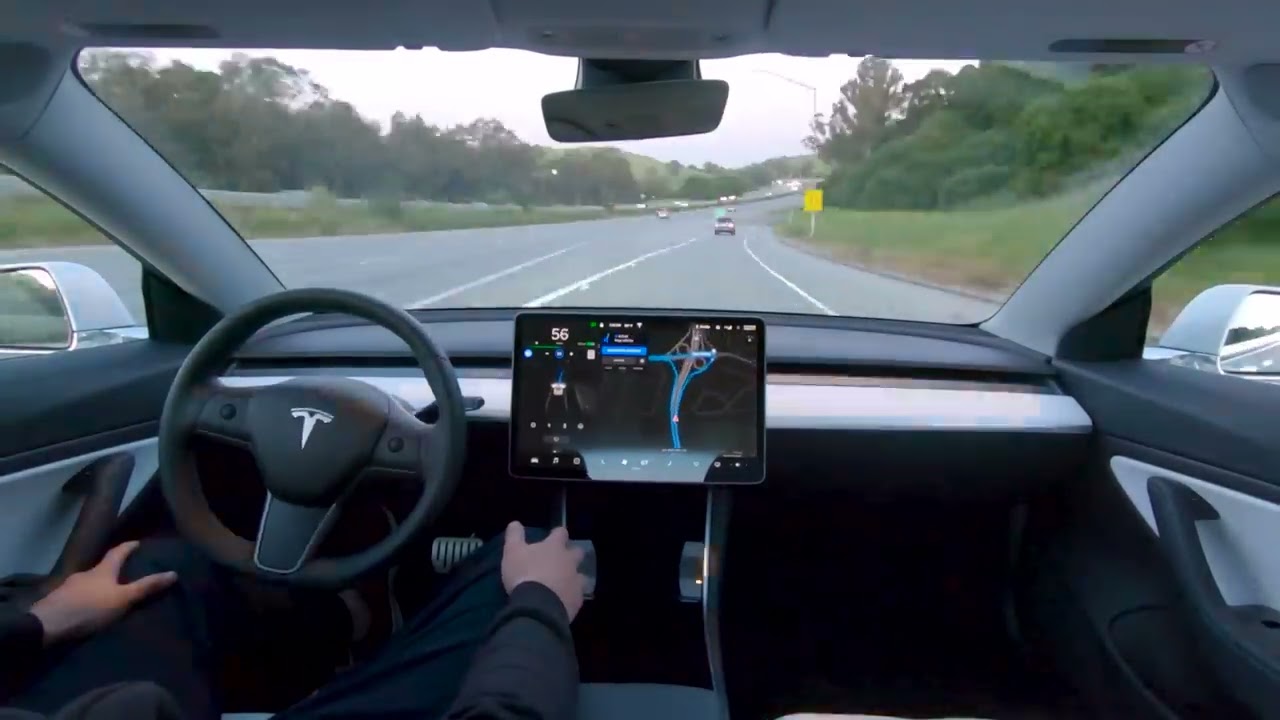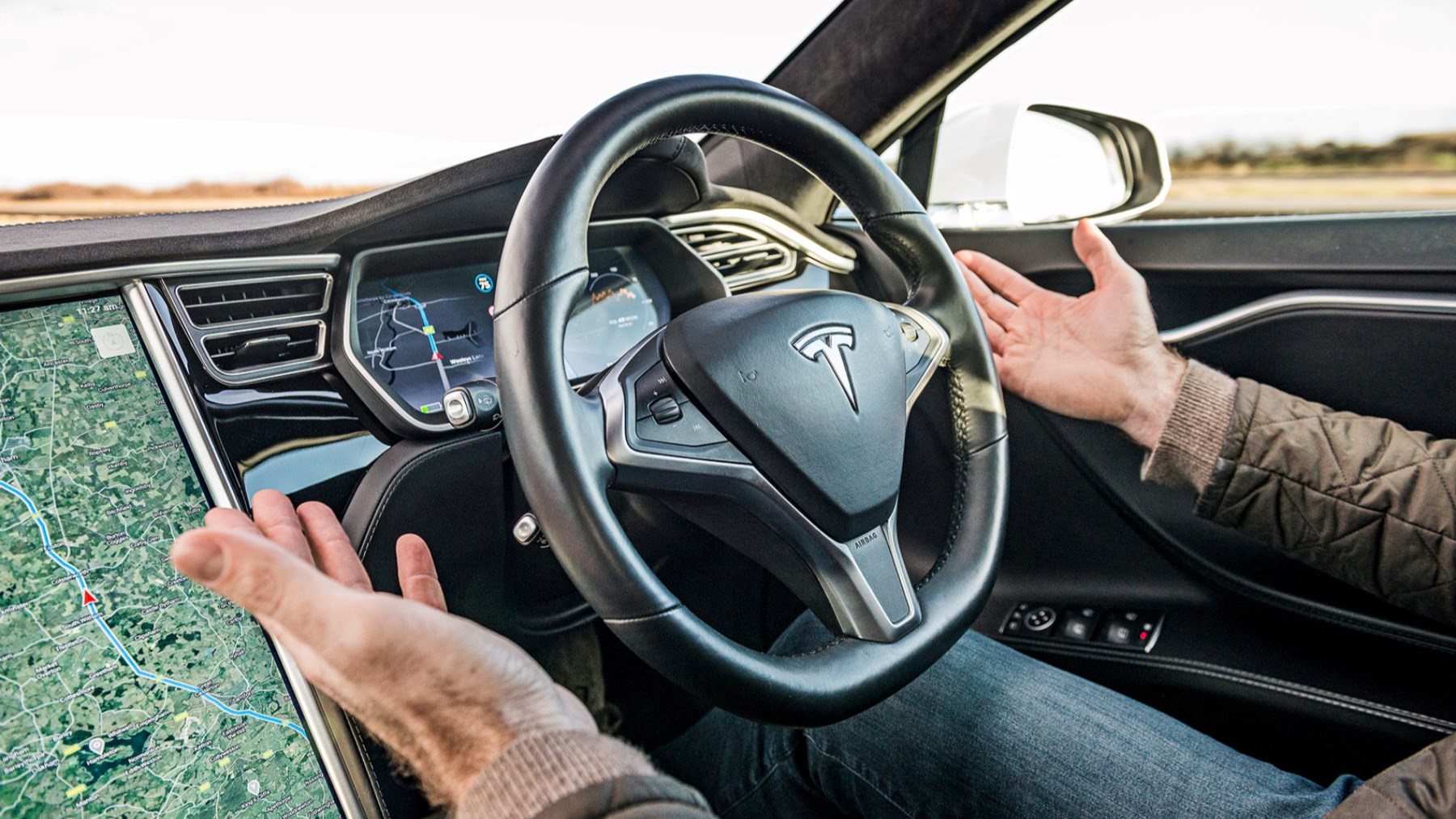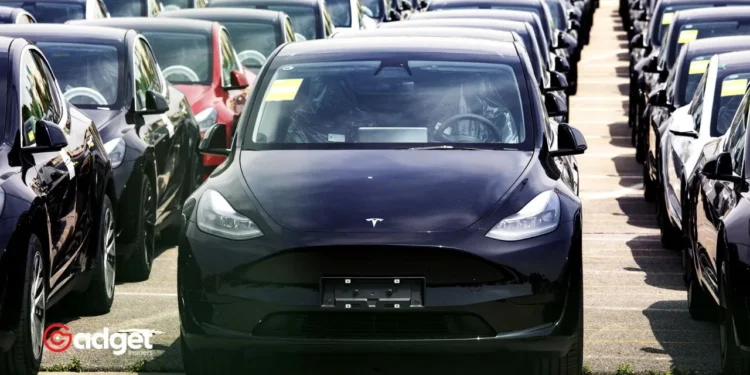Tesla Inc. finds itself at the heart of a contentious legal battle as it faces a proposed class-action lawsuit over its purportedly misleading claims regarding the self-driving capabilities of its cars. This legal challenge emerges as a significant hurdle for the electric-car giant, particularly at a time when CEO Elon Musk has fervently committed to making autonomous vehicles a cornerstone of Tesla’s future strategy.
The lawsuit, filed in the US District Court, Northern District of California, accuses Tesla of asserting in 2016 that its cars were equipped with the necessary hardware for full self-driving capabilities. This included the ambitious promise of enabling cars to autonomously travel from Los Angeles to New York City by the end of 2017—a claim that has since been brought into question.

Musk’s Bold Claims and the Reality of Autonomy
Elon Musk, known for his visionary pronouncements, has been a vocal proponent of autonomous driving technology, often describing Tesla’s journey toward achieving full self-driving (FSD) technology as “going balls to the wall for autonomy.”
This enthusiasm culminated in the introduction of the robotaxi, a next-generation, self-driving vehicle concept. Despite these assertions, the reality of Tesla’s FSD feature tells a different story. Classified as requiring constant supervision, the FSD technology falls short of rendering Tesla vehicles fully autonomous, contradicting Musk’s repeated insinuations that full autonomy was just around the corner.
Consumer Expectations vs. Technological Realities
The case was brought forth by California resident Thomas LoSavio, who claims he was influenced by company’s declarations to purchase a new Tesla in 2017, investing an additional $8,000 for the FSD feature. LoSavio’s disappointment echoes a broader sentiment among consumers who feel misled by Tesla’s ambitious self-driving claims. He alleges that despite promises, by 2022, Tesla had not achieved “anything even remotely approaching a fully self-driving car.”

Court’s Stance and the Path Ahead
The presiding judge, US District Judge Rita Lin, noted that the complaint “plainly alleges sufficient falsity” in company’s statements, particularly those made in 2016 regarding the capabilities of its self-driving hardware.
While some negligence and fraud claims were allowed to proceed, the judge dismissed others, setting the stage for pretrial fact-finding and a later decision on whether the case qualifies for class-action status.
As company navigates through these legal waters, it also faces scrutiny from federal agencies. Recent probes by the National Highway Traffic Safety Administration (NHTSA) question whether company’s recalls adequately address safety risks associated with its Autopilot feature, especially after incidents leading to fatal crashes.

Conclusion: Tesla at a Crossroads
Tesla’s legal and regulatory challenges shed light on the complex interplay between innovation and consumer protection. As the company strives to fulfill its high-stakes promise of autonomy, it continues to grapple with the implications of its past assertions and the expectations they have set.
For Elon Musk and company, the journey towards autonomous driving technology is not just a technological quest but a legal and ethical battleground, where the dreams of tomorrow are inexorably tied to the realities of today.










